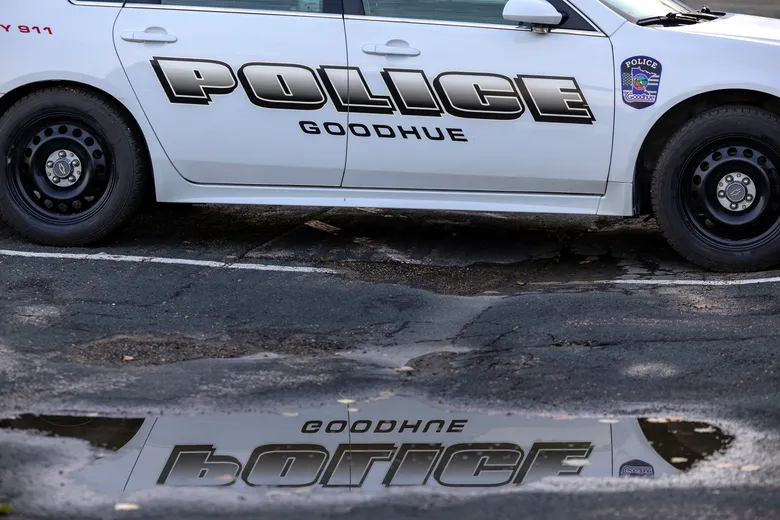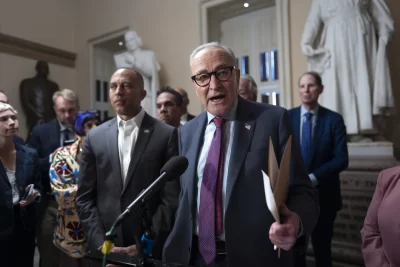
As Goodhue Police Chief Josh Smith struggled this summer to fill vacancies in his small department, he warned the town’s City Council that unless pay and benefits improved, finding new officers would never happen.
When nothing changed, Smith quit. So did his few remaining officers, leading the Minnesota town of 1,300 residents to shutter its police force in late August.
America is in the midst of a police officer shortage that many in law enforcement blame on the two-fold morale hit of 2020 — the coronavirus pandemic and criticism of police that boiled over with the murder of George Floyd by a police officer. From Minnesota to Maine, Ohio to Texas, small towns unable to fill jobs are eliminating their police departments and turning over police work to their county sheriff, a neighboring town or state police.
At least 521 U.S. towns and cities with populations of 1,000 to 200,000 disbanded policing between 1972 and 2017, according to a peer-reviewed 2022 paper by Rice University Professor of Economics Richard T. Boylan.
Goodhue County is now under contract for law enforcement duties in the town of Goodhue, even as Sheriff Marty Kelly tries to fill four vacancies in his own department. He said he has around 10 applicants for those jobs. By comparison, one open position in 2019 drew 35 applicants, he said.
Kelly knows that to get to full staffing, he’ll have to hire new deputies away from other towns or counties — creating vacancies in other places that will struggle to fill them.
“It’s scary,” Kelly said. “We are robbing Peter to pay Paul. And we’re not alone.”
At the heart of the problem is the exodus from law enforcement. Officer resignations were up 47% last year compared to 2019 — the year before the pandemic and Floyd’s killing — and retirements are up 19%. That’s all according to a survey of nearly 200 police agencies by the Police Executive Research Forum, a Washington, DC.-based think tank. Though the survey represents only agencies affiliated with PERF, a fraction of the more than 18,000 law enforcement agencies nationwide and is not representative of all departments, it’s one of the few efforts to examine police hiring and retention and compare it with the time before Floyd’s killing.
Compounding the exodus of veteran officers, young people are increasingly unwilling to go through the months of training necessary to become a police officer, said Chuck Wexler, executive director of the Police Executive Research Forum.
“Fewer people are applying to be police officers, and more officers are retiring or resigning at a tremendous rate,” Wexler said. “There’s a shortage of police officers across the country.”
Agencies of all sizes are struggling to fill open positions. But the problem is especially dire in smaller communities that can’t match the pay and incentives offered by bigger places.






